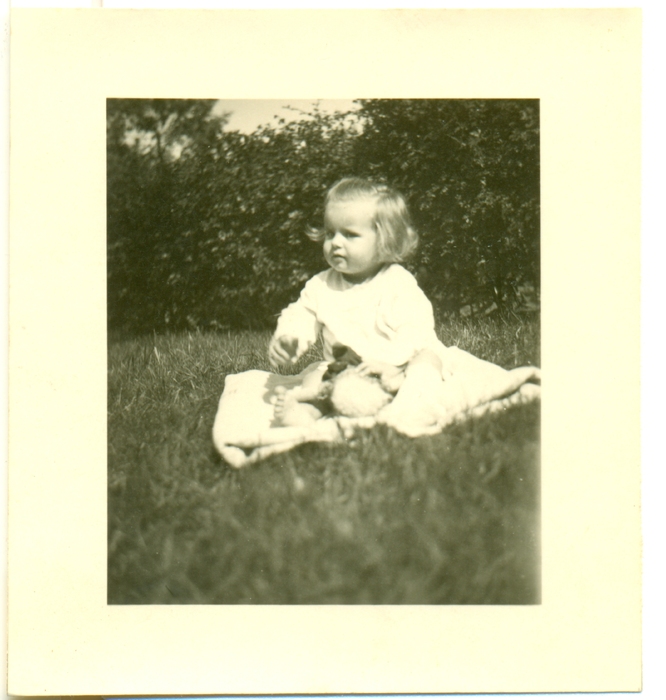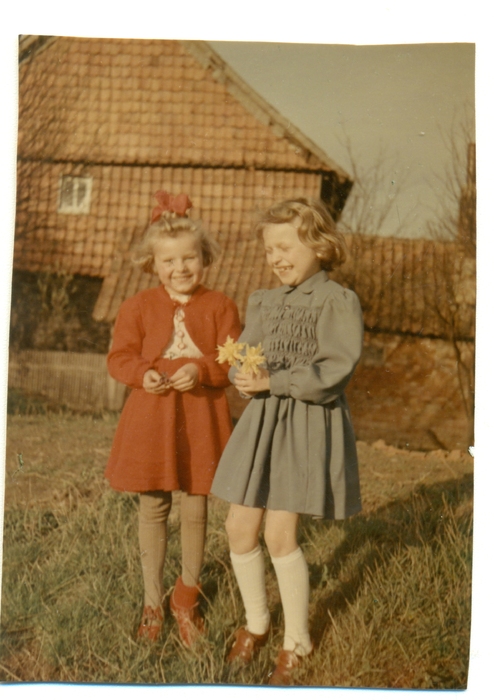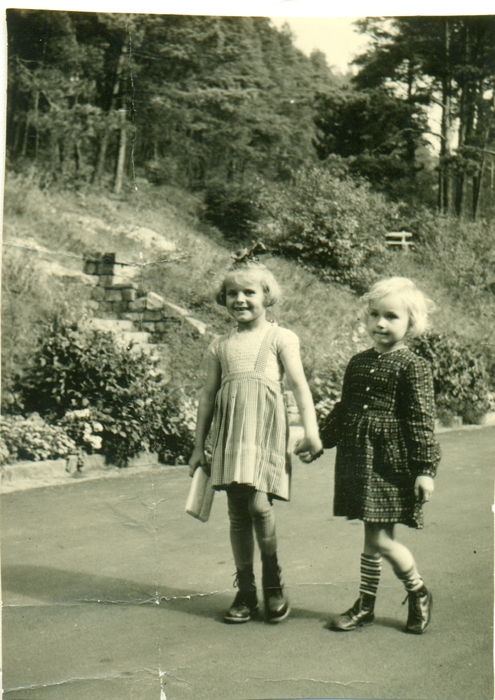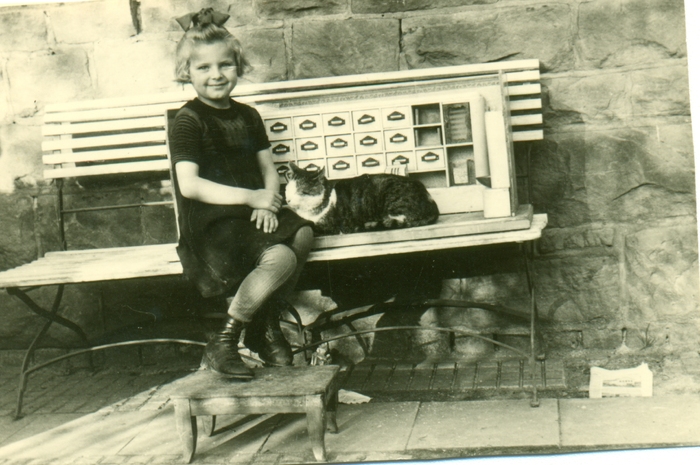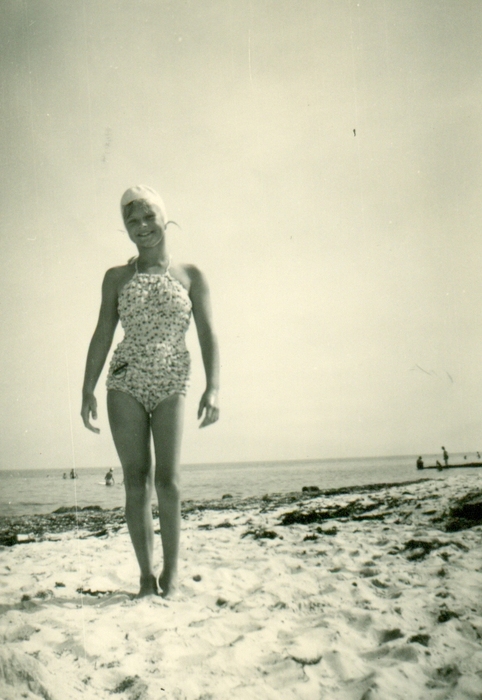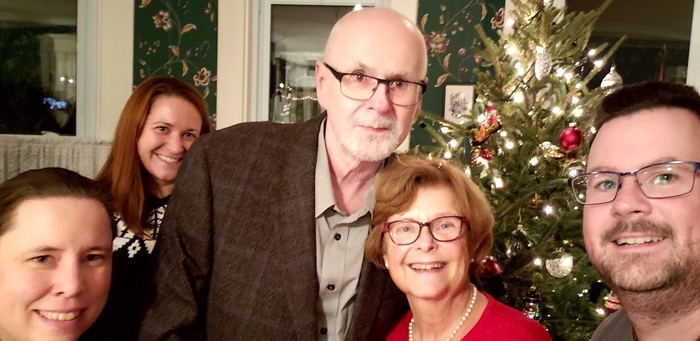Sylvia Rudy
Sylvia Rudy was born in Germany in 1947 in a very small village. She was able to walk early as an infant and her parents knew something was wrong one morning when she was unable to stand on her legs and had a high fever. She was sent to the hospital immediately and for the next two years of her life, without any contact from her family at all, she underwent treatment for paralytic polio.
"[They] put us into casts from our waists to our toes for months and we were not able to move in any way. You see, they thought that would be a good thing. It turned out later that no, that was not such a good thing. The movement was a better thing. And they learned that movement was ok, was better, but too much movement was also not good. So, really, I pity those doctors and nurses in those days, because they had no idea what to do...."
"... the only thing I remember, and this is really crazy that I remember that. But I was crying. And I heard an older boy from somewhere in the room yelling: Quit your crying, nobody is gonna hear you anyway."
Sylvia Rudy's stay at the hospital was very isolating and lonely. She was not allowed to receive any visitors at all for her entire two years of hospitalization. She was in a very large ward with 30-40 kids in cribs. Her parents received letters on her progress.
Once the hospital felt they did all they could for Sylvia, she was sent home to her family, who were virtual strangers. Sylvia continued regular check ups every two or three months. Her family doctor, the village church and the community provided a lot of support to her family.
"We were only allowed to have 1 toy and when we left the hospital that toy would be destroyed, for fear of others catching the disease. 1948 was shortly after World War II, when there were almost no doctors or nurses. One was lucky to find a doctor or nurse...They would have been paid little if anything."
Sylvia had a strong support system with her parents and family, and she was treated just the same as everyone. It wasn't until she went to school that she realized she was different, she could do not do everything that everyone else was able to do. She had to wear special shoes and she remembers they made her stand out amongst her peers, and she was treated differently.
"By the time I started school, I was six years old. And, I was still wearing the absolutely horrible shoes that I had to wear to walk. I remember I did not want to sit in the first row of the picture that was taken for the class!"
Sylvia counts her family's support as part of her strength. They would not send her to a special school, so she went to high school with all other students. Although, it was difficult, she dealt with it.
"I did feel exactly that, that I was a crippled child. Mostly because that is what I was called very often. I did not like to wear certain clothes because they would show off that I did not walk as well as others. And of course, I fell, I fell a lot and when I was a teenager that was terrible. Because, you know, I would always have to fall just in front of the most gorgeous guys!...There was a point that I stopped feeling that way and I would refuse being part of that particular group. I think I was in my 20s. That I decided, okay, I can actually do, the things that I want to do. And so that’s what I’m going to do now."
Sylvia did not let polio hold her back. She emigrated to Canada with her family as refugees from Poland at 21 years old. Today she lives in Paris, Ontario. She worked until she was 68 years as a translator, been married for 40 years, and has one daughter and one son.
Like many of our participants, Sylvia continues her battle with post-polio syndrome, a serious consequence that starts decades after the original onset of paralytic polio and includes spinal damage, pain, and difficulty breathing. Sylvia walks with a walker and continues to fight this disease today with the support of her family.
"I was busy in the community. I, as I said, I worked until I was 68 because I love working. I married with two children and you know I felt able to do all that. Because, I would not accept the cripple thing."
